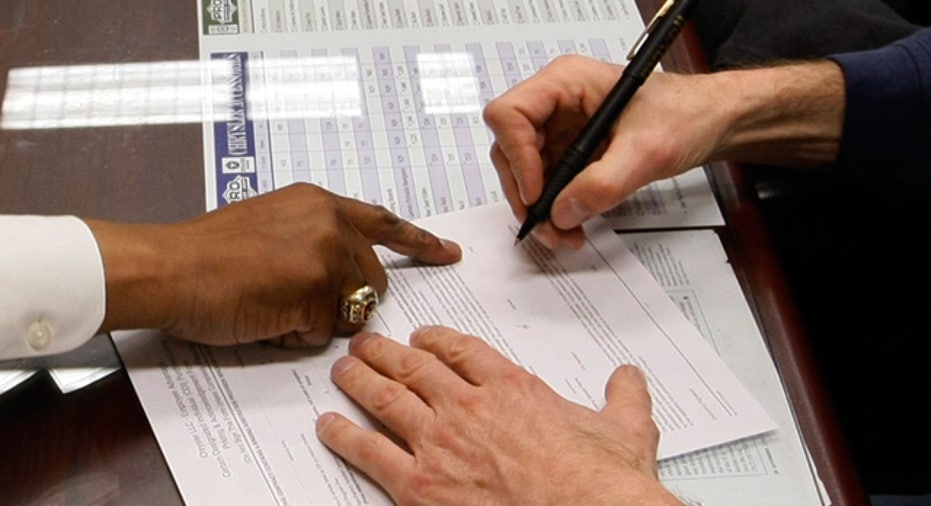Will Paying off a bad Loan Early Boost Credit Score?

Dear Opening Credits,
I have a low credit score. I bought a car and the loan was $12,000. Of course, the payments are $345 a month for four years. I want to build my credit in the same time, but I do not want to pay that crazy interest. I also can afford to double or triple the payments. What can you suggest to help me build my credit and not to pay lots of interest?
- Samah
Dear Samah,
Many people believe that to have good credit, you also have to hold on to debt. Not so! You seem to fall into this camp, though, because you're able to pay the loan faster than required, but are hesitant to take that action.
So here's the true definition of good credit: it means having a long history of borrowing and repaying money well. Specifically, that you send all payments on time, keep balances low or at zero, and prove that you can handle a variety of credit products.
It's all about risk. With hard proof that you have been using credit in responsible ways, a lender has greater assurance that offering you a loan or line of credit is not a risky venture. Your past becomes a predictor of the future.
You have a low credit score, so either you've not paid creditors back when you should have or you owe too much already. Both of these circumstances would create bad credit. Another reason for an anemic score could be that you haven't had sufficient time to build a positive history. In fact, a person with no credit (also called having a "thin file") can be considered just as risky as someone who has had problems managing credit. After all, how can a bank know if you will be a great customer if you haven't yet been one?
But having a long credit history doesn't mean that you hang onto debt longer than necessary. You have an expensive loan and deleting it swiftly will benefit you in a couple ways. The first is that you won't pay as much in financing fees, and the second is that it will prove that you successfully paid off your debt.
I presume you're referring to FICO scores, as they are the most commonly used. They range from 300 to 850, with higher numbers being equated with less lending risk. The factors in a FICO score are the same as those that define good credit: a perfect payment history (35%), low debt in relation to the amount you can borrow (30%), a long time using credit (15%) and a variety of credit types being used (10%). Oh, and inquiries, too (10%). Though this last category is a minor factor -- completing too many credit applications in a short span of time can indicate a desperate search for cash -- it is considered another risk indicator.
It's a smart idea to develop excellent FICO scores, because most lenders use them as a quick way to know if you are eligible for a loan or credit card. If your score is high -- mid 700s and above -- great! That plus a well-paying job will make you a likely candidate to borrow money inexpensively.
In addition to paying off your car as fast as possible, you may want to consider applying for a credit card to show that you can handle a variety of credit. With a low score, you may have to start with a secured credit card that requires you to put down a deposit that serves as your line of credit. Use the card regularly for small purchases and pay off the balance in full every month to avoid incurring interest charges. After a year of responsible borrowing, you can most likely graduate to an unsecured card that does not require any type of deposit. Just don't ever charge more than what you can pay off at the end of the month.
With the paid-off car loan and responsible credit card use, you should see your credit scores rise over time. Building a great credit score takes time and patience, but it's well worth it.
There is simply no reason to drag the car loan out if you don't have to. All you'll accomplish is paying more in interest.
See related: FICO's 5 factors: The components of a FICO credit score, 3 steps to rebuild a thin credit file



















